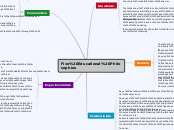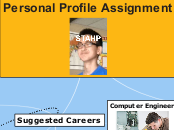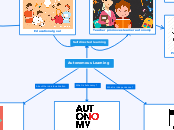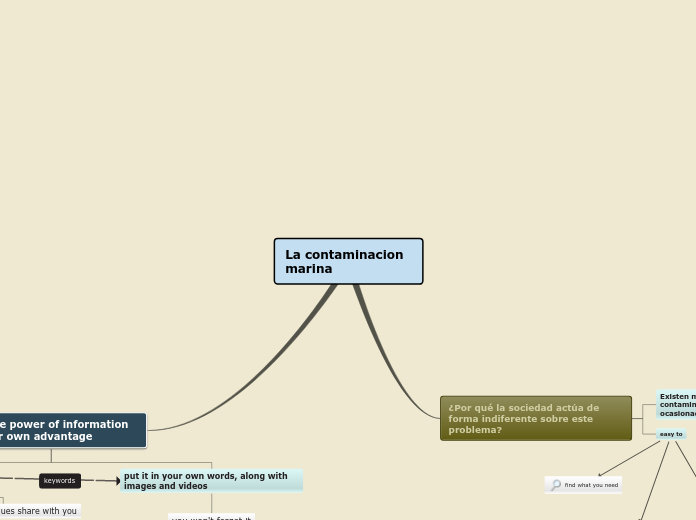da Monica Wheeler mancano 6 anni
205
Five Educational Philosophies
The philosophies of education encompass various approaches to teaching and learning. Experimentalism emphasizes learning through problem-solving and inquiry, valuing societal improvement and change, with teachers acting as guides.









